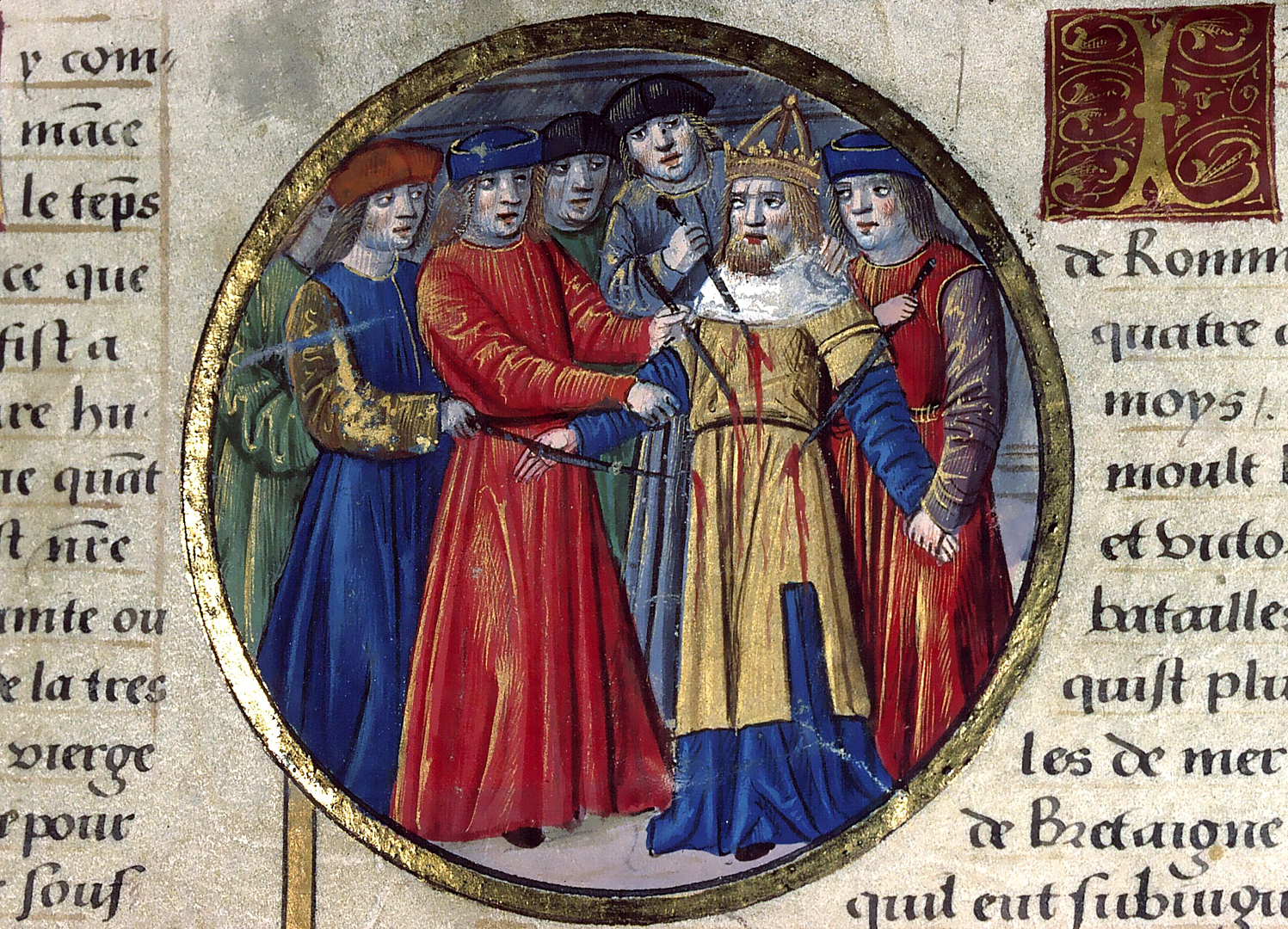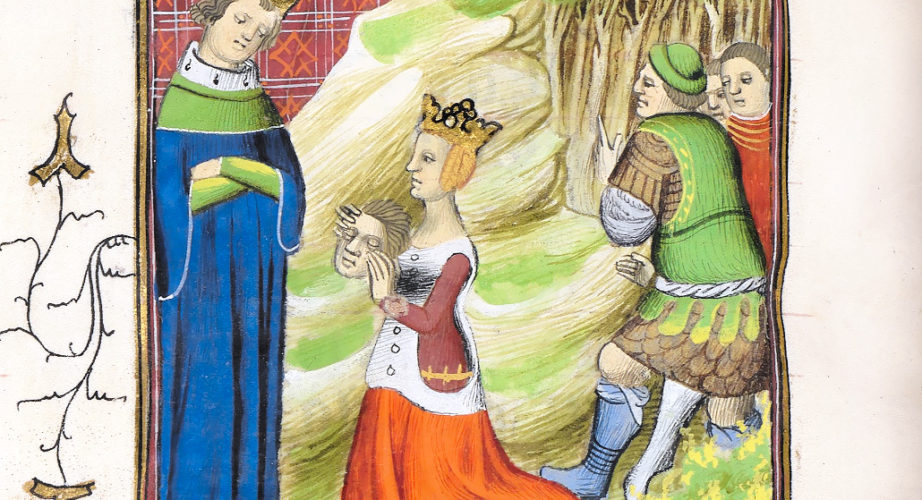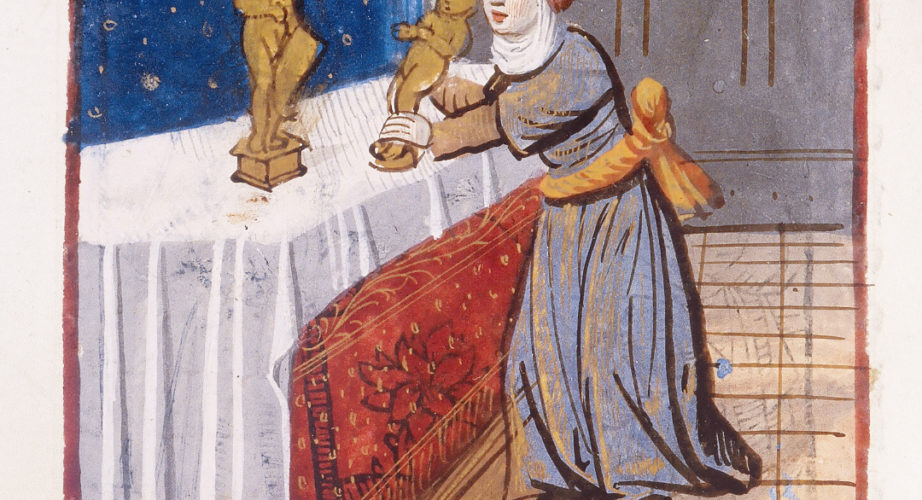ET TU?

"Tu quoque, Brute, fili mi?" ("You too, Brutus, my son?")On March 15, 44 BC, the Ides of March, Julius Caesar is assassinated in the Roman Senate by a group of conspirators. The phrase he allegedly pronounces famously refers to his adoptive son, Brutus, one of the members of the plot; the matter, however, seems to be more controversial than many may think. The very first historians to describe Ceasar's death, Suetonius and Plutarch, don't mention any phrase of his - narrating, on the contrary, that Ceasar would have died without any last words. Only Suetonius, however, adds that, according to rumors, the dictator would have simply addressed Brutus with the words "you too, son". Another version of Caesar's last words was created and made famous by Shakespeare's Julius Ceasar (1599): in the tragedy, in fact, Caesar addresses his adoptive son with the words "Et tu, Brute? Then fall, Caesar!". "Murder or Caesar", illumination from the manuscript "Chronique universelle", ms. 0523, first quarter of the 16th century, Bibliothèque Sainte-Geneviève, Paris.
Post consigliati


